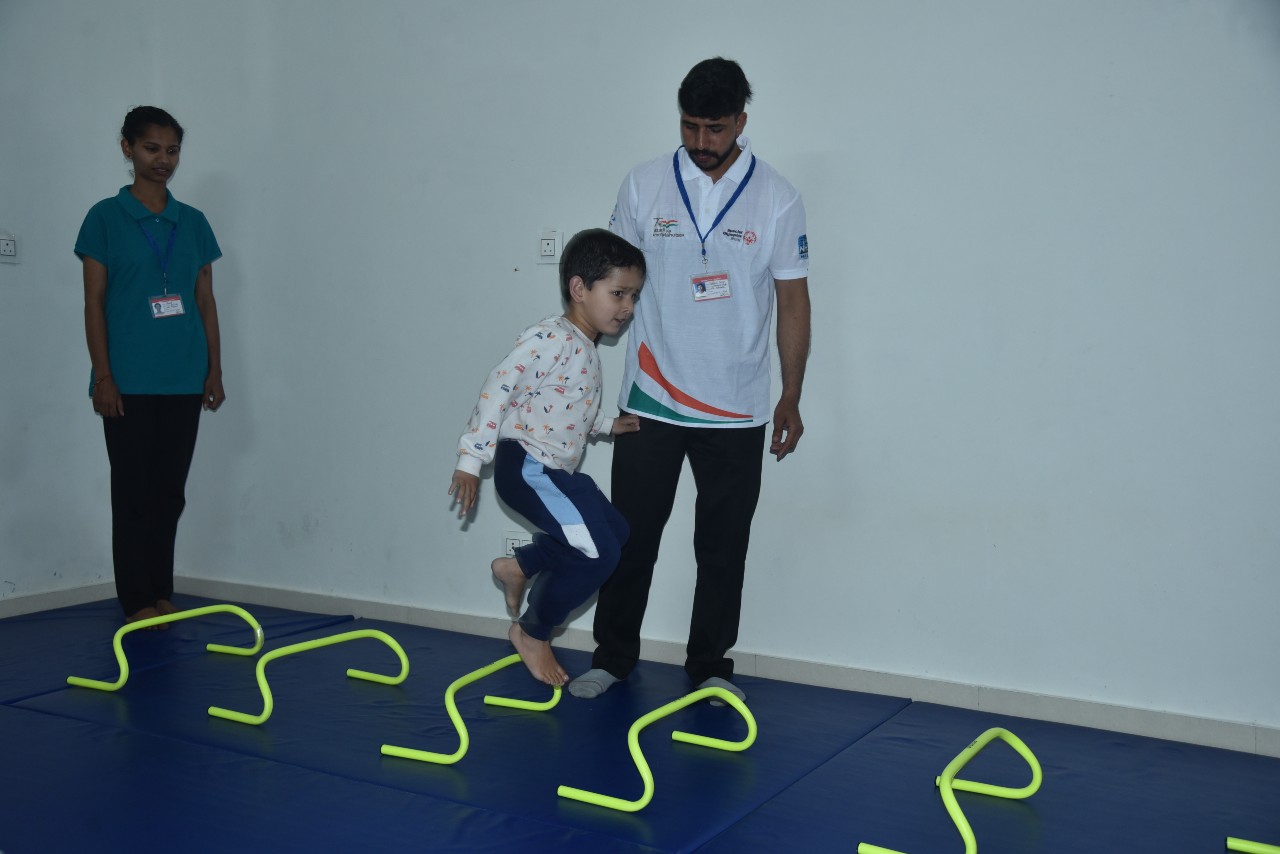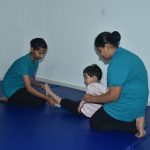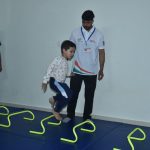Since autism is frequently thought of as a lifelong illness, recent research has revealed that many children with ASD can attain extremely high quality of life, and in some cases, improve to the point where they no longer satisfy diagnostic criteria. However, early diagnosis and years of intense applied behavior analysis interventions are what have led to this progress rather than children just “growing out” of autism. Through applied behavior analysis, kids learn the skills they need to live better lives. The majority of autistic individuals now have an IQ that hasn’t altered since their diagnosis at the age of six, which contrasts sharply with the success of early intervention.
The intervention can occur when brain plasticity is considerably stronger, which permits the intervention to have its greatest impact. This is why early detection of autism is so critical. Actually, by the age of two, the brain has developed 75% of the way. Unfortunately, because parents worry that their child will live his entire life with an autism diagnosis, early identification of ASD is still highly stigmatized. Autism’s early symptoms are frequently minimized by parents and doctors, who say that the symptoms are “just a phase.” As a result, 50% of children who seek a diagnosis end up on a “watch and wait” list, delaying both diagnosis and treatment.
Our goals should be to increase the social acceptability of people with autism and to increase public understanding of the value of early diagnosis. Parents are far more likely to seek an early diagnosis and make sure their kids receive the assistance they require if the stigma around autism is eradicated. In order to ensure that children receive a proper diagnosis as quickly as possible, we need also make sure that experts have received the necessary training on the use of diagnostic instruments. It is unfair to our children when there is a delay in early identification and diagnosis because it keeps autistic children from getting the therapy they require to realize their full potential. We can encourage early diagnosis and enable necessary support and training by fighting the stigma attached to autism.



